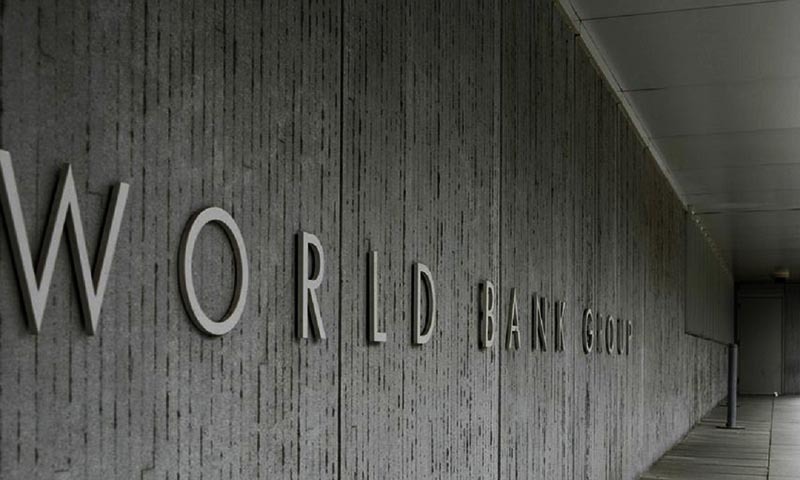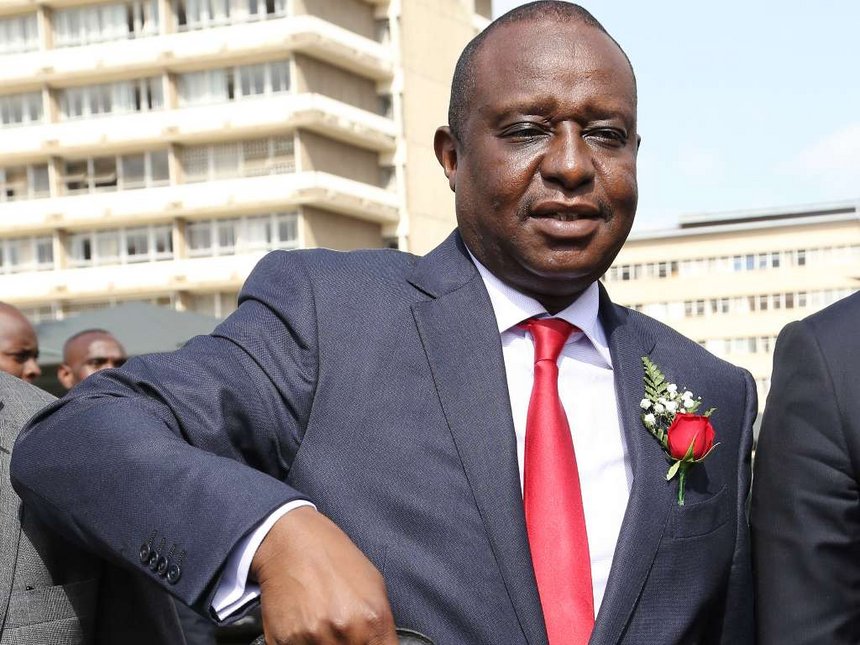The World Bank on Wednesday, in a report, issued a warning to Kenyan Treasury over their decision to slash Development Kitty in order to reduce the current debt load.
In the Bi-Annual economic update, the international body cited that in doing so, the country is stifling its economic growth thereby reducing the Gross Domestic Product (GDP) of the country.

The Bank instead, asked the country’s Treasury to explore other ways of raising revenues such as cutting the public sector salaries and other recurring items which do not directly affect the collective development.
According to the report, the current national debt represents 57% of GDP, a slight reduction from 57.5% last year.
The report further suggested that the Kenyan Government should reduce the budget of State-owned firms and the payroll of the Government employees.
The institution further noted that the current growth rate could improve if the caps on bank lending was removed entirely.

This is because the cap made the commercial banks shun from high-risk borrowers hence shrinking the revenue margin. It estimated the sector’s growth rate at 4% as compared to 2015’s 18%.
World Bank even compared the country to a car moving at a speed of 60 Km/h when it has the potential to be a Ferrari sprinting at 150 Km/h in growth.
Cutting development sectors is likely to affect the infrastructures and manufacturing industries which are responsible for roads and sewerage system building.
This sector also directly or indirectly pays cement makers, steel manufacturers and creates employment for thousands of workers.

The government lifted up to 20.1% representing Ksh34.33 billion from development sector while still committing to a target of 5.8% fiscal deficit from its current 7% of the GDP. International Monetary Fund (IMF) has pressured the country to continue reducing it.